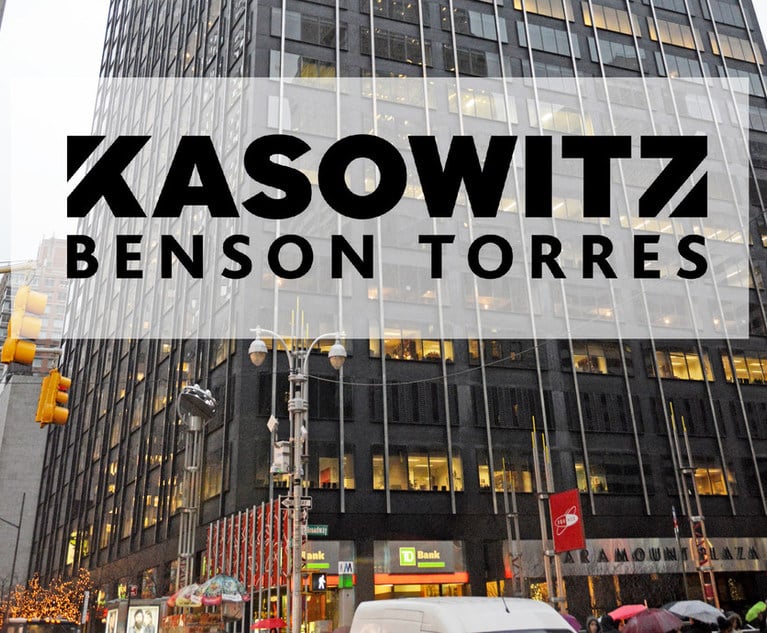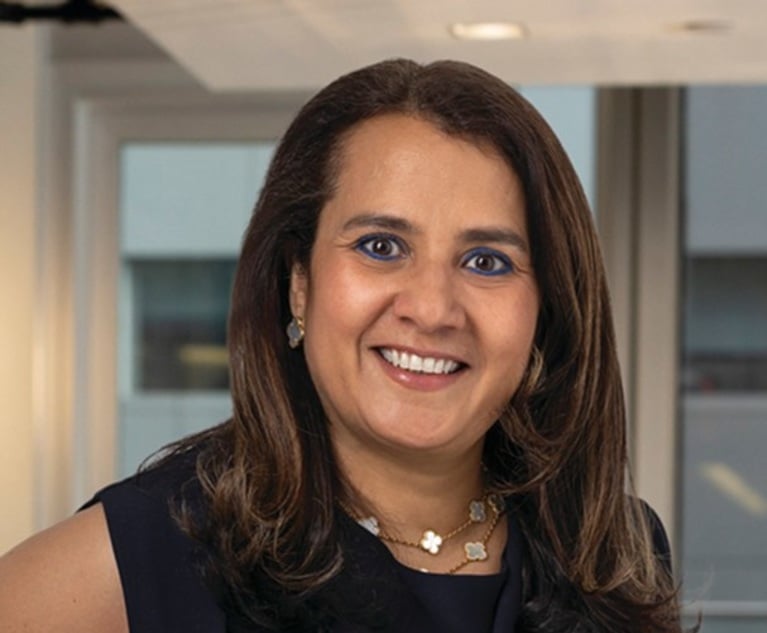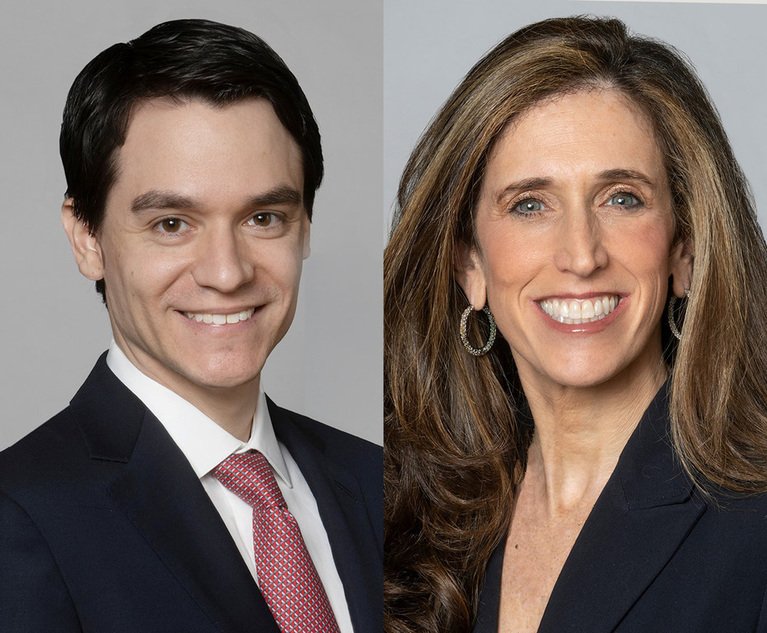The New York City Bar ethics committee (the committee) recently issued Formal Opinion 2018-5: Litigation Funders’ Contingent Interest in Legal Fees (Opinion 2018-5). For the reasons we will set out in this article, Opinion 2018-5 incorrectly interprets New York Rule of Professional Conduct (RPC) 5.4 dealing with lawyer independence, specifically determines to be unethical activities far less intrusive on lawyer independence than many lending practices that have been accepted and used by almost every law firm for decades, and drives a wedge between settled New York case law and—if the committee’s interpretation of RPC 5.4 were correct—the ethics rules. Based on our conclusions, we call on the committee to withdraw Opinion 2018-5 for reconsideration, and suggest that before it again sees the light of day the committee should engage in an extensive process of consultation that would include litigation funders and the wider profession.
Let us start with what Opinion 2018-5 addresses and concludes. The question posed in the opinion is: “May a lawyer enter into a financing agreement with a litigation funder, a nonlawyer, under which the lawyer’s future payments to the funder are contingent on the lawyer’s receipt of legal fees or on the amount of legal fees received in one or more specific matters?” And the opinion specifically concludes that lawyers may not enter into such agreements because they are impermissible under RPC 5.4(a) which provides that “[a] lawyer or law firm shall not share legal fees with a nonlawyer.” And the committee expressly recognizes that this restriction is intended “to protect the lawyer’s professional independence of judgment. Rule 5.4 Cmnt. [1]” The core of Opinion 2018-5 is contained in the following paragraph:


 Anthony E. Davis
Anthony E. Davis




